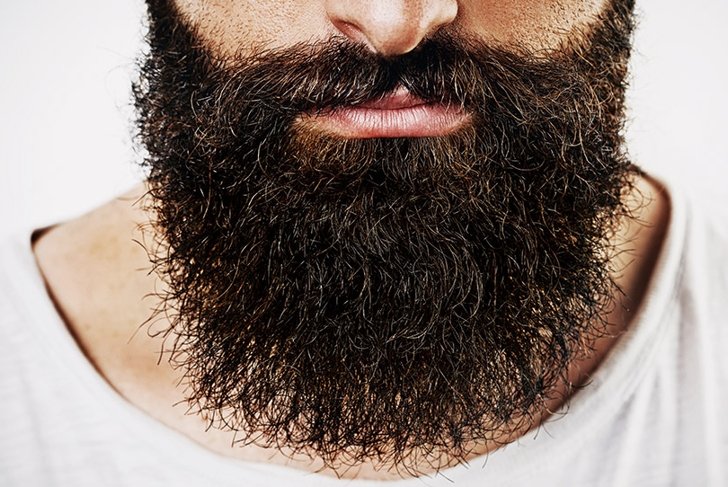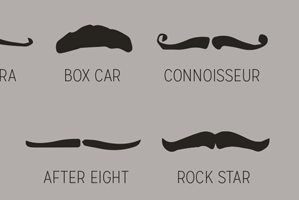
Facial hair is definitely a hot trend for men. But, like the hairs on top of our heads, beards require special pampering to look good.
“Too lazy to shave?” Whether you have overgrown peach fuzz or a beautifully sculpted beard, there’s a good chance you’ve been asked that question. “There’s a misconception about laziness and beards; there’s a lot of upkeep to having a beard,” explains Ian Daburn, proprietor at Vancouver’s Barber & Co.
Growing
When you begin growing your beard, remember to be patient. About two weeks in, your face will be itchy, but that means you’re on the right track. When we shave, spears are created at the end of each hair, and when they sprout, they bend and irritate the skin. The itching will disappear once the beard grows longer—away from the face.
To promote healthy growth, a good morning routine includes washing your stubble with a high quality cleanser or natural soap to rid the hair and skin of impurities. Avoid using shampoo containing harsh chemicals, such as sodium lauryl sulphate, which can cause irritation.
Grooming
“Beards grow at the same rate as your hair, so keeping your beard trimmed is an important part of a healthy looking beard,” says Daburn. Only if you’re bold enough to grow the “Yeard”—the natural beard—can you leave it untrimmed.
After about a month or so, or when the growth is at about an inch (2.5 cm) in length, begin to shape your beard with a good set of clippers and scissors. Each man’s facial hair growth varies, which determines the amount of trimming you’ll require at the cheek line, neckline, and on the moustache.
For the cheek line—only take off the rebels above the bulk.
For the neckline —start above the Adam’s apple and carve a natural line just behind the jawbone.
For the moustache —if it is interfering with food, use scissors to trim your lip at its natural line, only removing the stragglers.
Taming
Using proper products and combs to tame your maturing facial hair is what separates the amateur Grizzly Adams from the serious wearer of the beard.
Soaps
Beards collect impurities, so washing it regularly is crucial. There are many beard soaps out there, but look for products with natural oils, kaolin clay, and botanicals such as lavender and anise to help protect the face.
Oils
Like the scalp, beards can produce dandruff. Natural beard oils made with ingredients such as hempseed and organic sesame help soothe the face and also provide a healthy, fresh scent.
Balms and waxes
Balms and waxes help control and shape the wildness of your whiskers. Beard balm is softer and gentler than beard wax. Choose a balm with a high argan oil content, which will also strengthen and soften the beard, leading to fuller, longer growth. For more control, use a natural wax formulated with ingredients such as beeswax, nut butters, and botanicals.
Combing
Use a comb made from natural horn or wood, rather than plastic. Men with shorter beards should use combs with narrow teeth, while long beards need wider teeth, especially when using a wax or balm. Just remember, comb gently through your beard—it is delicate.
There’s a multitude of beard styles, so find the style that suits you best. And whether your proudly raised beard is a pointed goatee, friendly muttonchops, or a full-on yeard, the most important thing is to take proper care in growing, grooming, and taming your facial friend. Remember, it’s on your face.
Like your whiskers, barbershops are sprouting all over the place. Do some research, treat yourself to a trim, and learn first-hand how to shape your masterpiece.
Movember moustaches
In the month of November, the Movember Foundation challenges men to grow moustaches to ignite conversation and raise funds for men’s health programs, specifically prostate cancer, testicular cancer, and men’s mental health. To make such serious subjects a little more fun, try wearing one of these popular styles:
 To get involved, or for more information, visit ca.movember.com
To get involved, or for more information, visit ca.movember.com
